Call to Care (C2C) was an educational research initiative of the Mind & Life Institute. C2C aimed to address the limited attention in our educational systems for cultivating care—what we might call the forgotten heart of education. Theory and research posit that a high-quality education should not only cultivate the intellectual skills of students; schools today also need to nurture the development of positive human traits, such as self-awareness, social awareness, care, and compassion, characteristics that will lead to engaged citizenship, healthy and positive relationships, meaningful employment, and human flourishing (Greenberg et al., 2003). Schools in particular have been demonstrated to be contexts that can play a crucial role in fostering students’ positive development, and have recently been acknowledged as one of the primary settings in which activities to promote social-emotional competence and prevent unhealthy behaviors should occur (Durlak, Weissberg, Dymnicki, Taylor, & Schellinger, 2011; Zins, Bloodworth, Weissberg, & Walberg, 2004).
Our health, safety, and well-being all depend on the quality of care that we are able to receive from others, develop for ourselves, and extend to those around us. Our ability to learn depends on safety and trust, which develop best within positive, nurturing relationships. Insofar as schools are responsible for consciously cultivating ethical values in their teachers, staff, students, and members of their wider community, however, it is insufficient to teach about the importance of ethics, or of tolerance and compassion. In other words, it is ineffective in the long run to repeatedly tell our students to “be kind.” We need to offer tools, skills, and practices to help our educators and our students embody these and other virtues, including patience, kindness, and empathy. We understand these virtues to be a set of basic human values, common to all human beings, part of our basic nature and able to be cultivated.
Operating at the intersections of education, developmental science, and contemplative scholarship, the C2C project incorporated a distinctive hybrid approach focusing on both students and educators through a two-year professional development and classroom implementation program operating with a common framework. The framework was built on a foundation of conceptual and empirical research in socio-emotional learning (SEL) and contemplative teaching and learning (CTL, especially mindfulness and compassion methods). The framework was organized around three integrated modes of care: receiving care, cultivating self-care, and extending care. The three modes of care framework recognized the relational nature of care and its foundational role in learning, health and well-being, and our ethical development. The educator and student integrated programs provided specific investigations and reflective learning experiences for the development of our caring capacities. Each mode of care: receiving care, cultivating self-care, and extending care, served as part of a symbiotic, interdependent, ecosystem.
The C2C program was imbued with Mind & Life’s core principles of honoring local values, respecting and empowering educators and students, and supporting community. The design reflected a developmentally appropriate, culturally aware, systems-based approach.

Program Videos
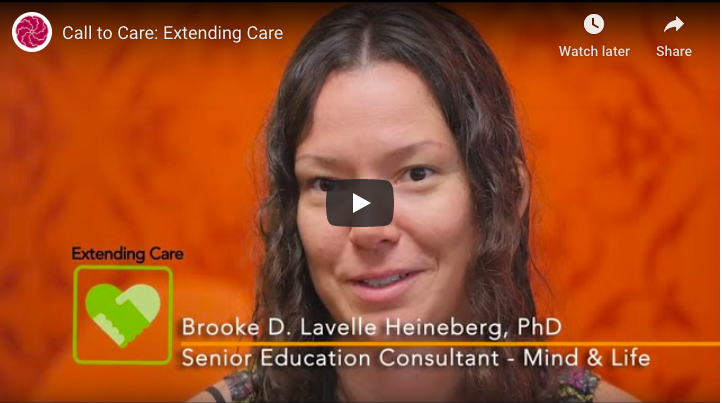
Mind & Life Videos
Call to Care: Extending Care
Mind and Life Institute • November 4, 2015
Topics: Education | Interconnection | Self & Other
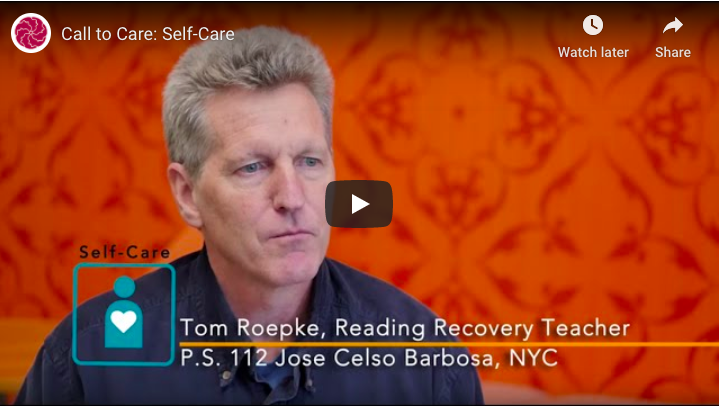
Mind & Life Videos
Call to Care: Self-Care
Mind and Life Institute • November 4, 2015
Topics: Education | Stress & Resilience
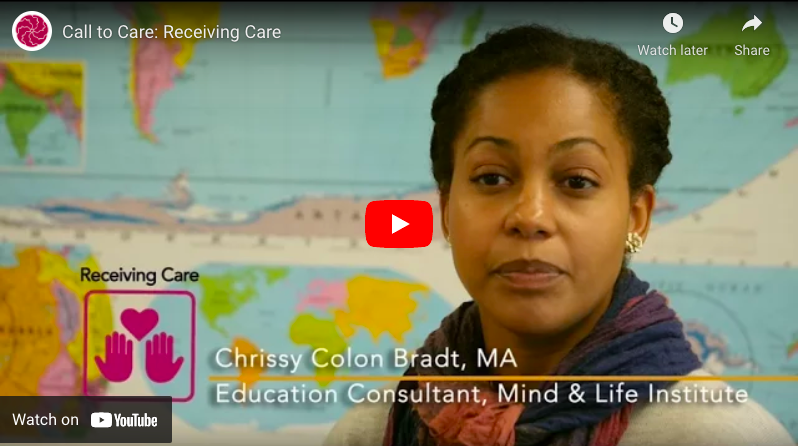
Mind & Life Videos
Call to Care: Receiving Care
Mind and Life Institute • November 4, 2015
Topics: Education | Stress & Resilience
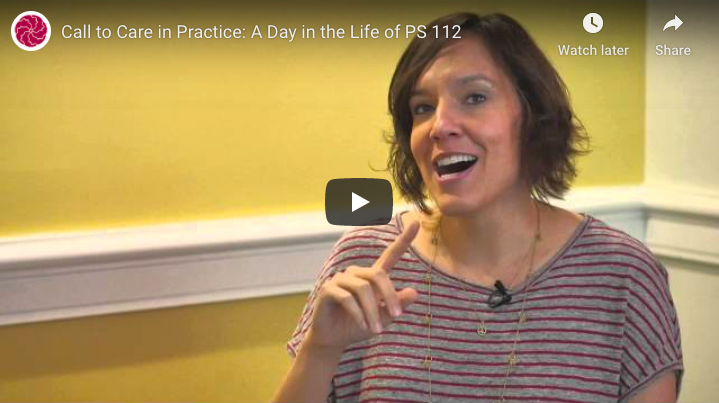
Mind & Life Videos
Call to Care in Practice: A Day in the Life of PS 112
Mind and Life Institute • November 4, 2015
Topics: Education
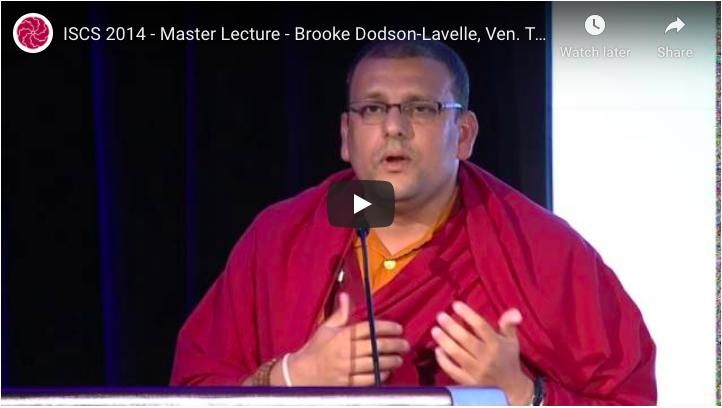
Mind & Life Videos
ISCS 2014 – Master Lecture – Brooke Dodson-Lavelle, Ven. Tenzin Priyadarshi
Mind and Life Institute • November 1, 2014
Topics: Education | Interconnection | Mindfulness
Pilot Programs
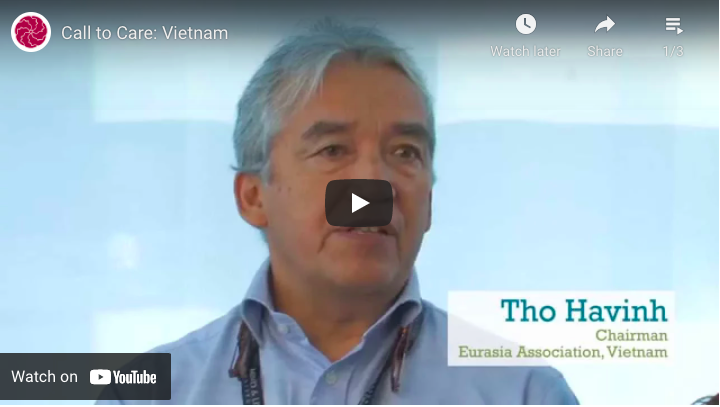
Pilot Program: Vietnam
Call to Care: Vietnam
Topics: Compassion & Empathy | Education | Interconnection | Mindfulness
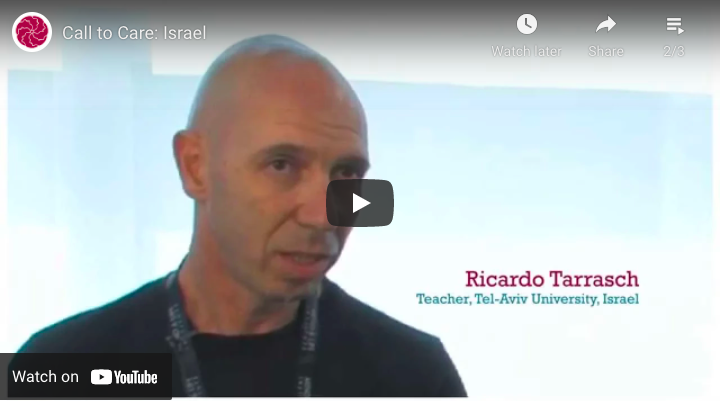
Pilot Program: Israel
Call to Care: Israel
Topics: Compassion & Empathy | Education | Interconnection | Mindfulness
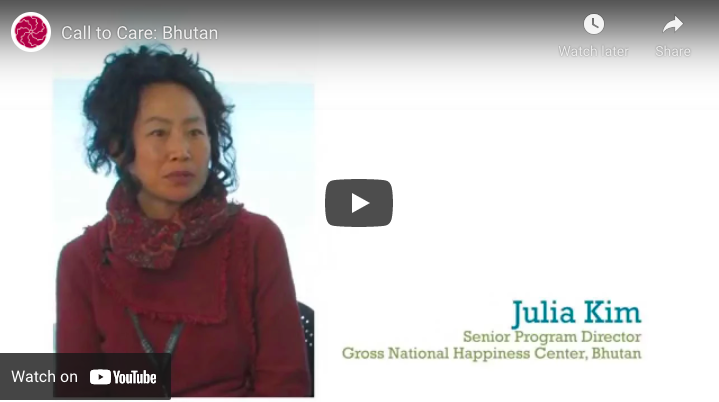
Pilot Program: Bhutan
Call to Care: Bhutan
Topics: Compassion & Empathy | Education | Interconnection | Mindfulness

